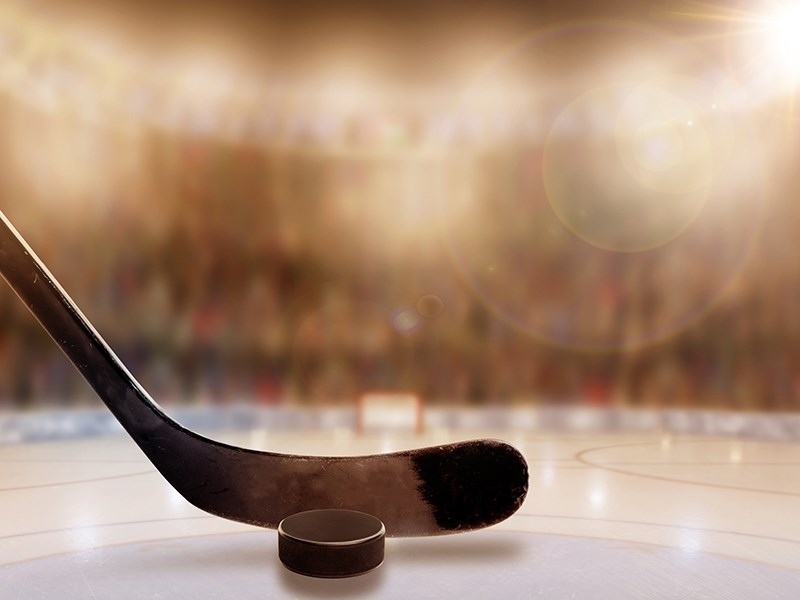Watching Canada lose in a best-on-best hockey tournament at any level is a tough pill to swallow. Defeat is magnified even more when it happens on home ice, such as Team Canada’s recent quarterfinal loss at the World Junior Hockey Championships.
Since winning five straight world junior tournaments from 2005 to 2009, Canada has won two gold medals in the last decade. Only the USA can match Finland’s trio of championships over that time. Russia and Sweden have one goal medal each.
The top six countries (including Czech Republic) can all beat each other on a given day. The balance may shift year to year based on who has the next Connor McDavid, Auston Matthews, Patrick Laine or Elias Pettersson on its roster, but for the most part, it is a crapshoot to pick a winner.
The recent tournament featured several games that could have gone either way, and not just for the home team. Canada missing a breakaway in the third period against Finland, giving up a fluky goal in the dying minutes, and missing a penalty shot in overtime is just part of the game. Sometimes a lucky break is all that separates teams that are even on paper. A bounce here or there in the other direction and the post-tournament conversation might be a different one.
We’ve helped grow the game enough; it’s time to take it back.
Junior teams across Canada, including the Powell River Kings, recruit players from all over North America, not just Canada, and some junior teams have European-born players on their rosters.
Why are we developing players for our competition?
The USA has its own developmental association and junior leagues, and whatever the Finns are doing, three world junior championships in six years is a clear indication it is working.
With wins at the senior level in the last three-best-on-best tournaments (2010 and 2014 Winter Olympics; 2016 World Cup of Hockey), Canada is still the dominant country when the current crop of top professionals suit up for their national teams, but the gap is closing.
Our country develops superstars with the best of them, and 46 per cent of NHL players still call Canada home, but we cannot expect to dominate when facing the other top countries any longer. That golden era will continue to fade as players such as Crosby, Toews, Getzlaf and Price age.
If the expectation is to always be the favourite, then more Canadian players need opportunities to develop and compete, allowing the cream to rise to the top and represent our country.
Our opponents are more than capable of teaching their own players without our help. It’s not a matter them catching up any more. They’ve caught up. The question is: has one or two of them already surged ahead?



